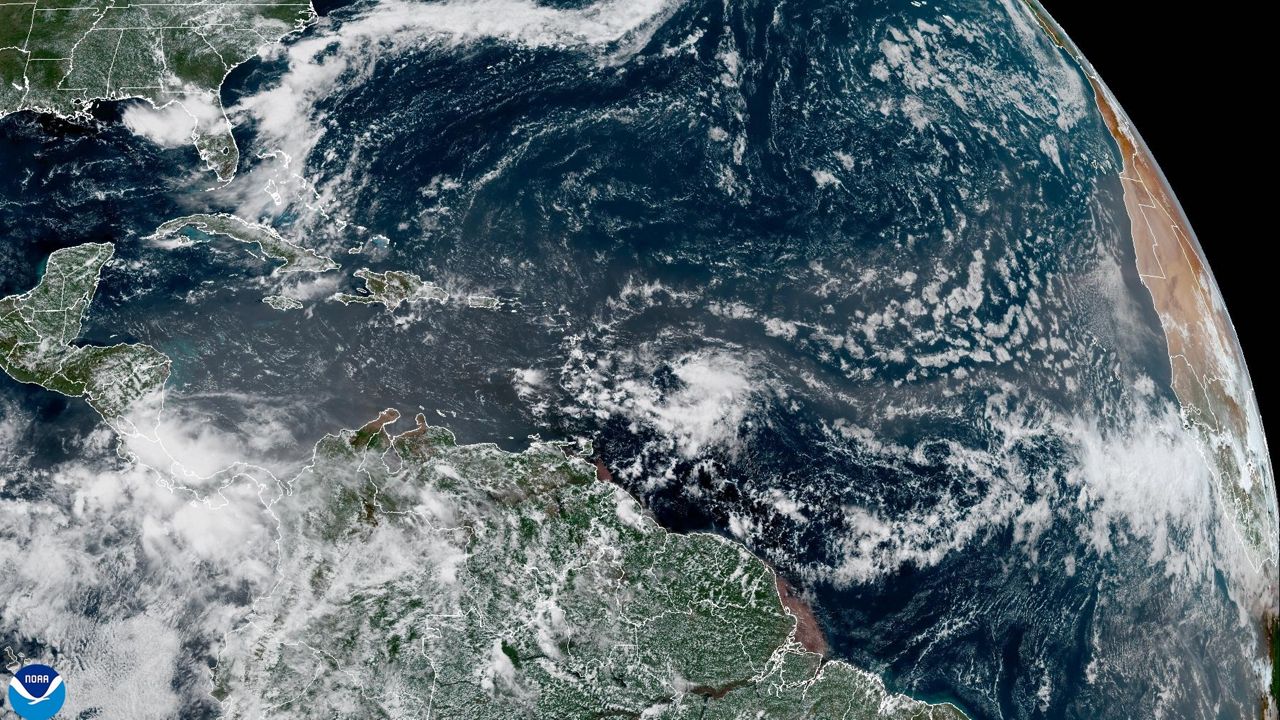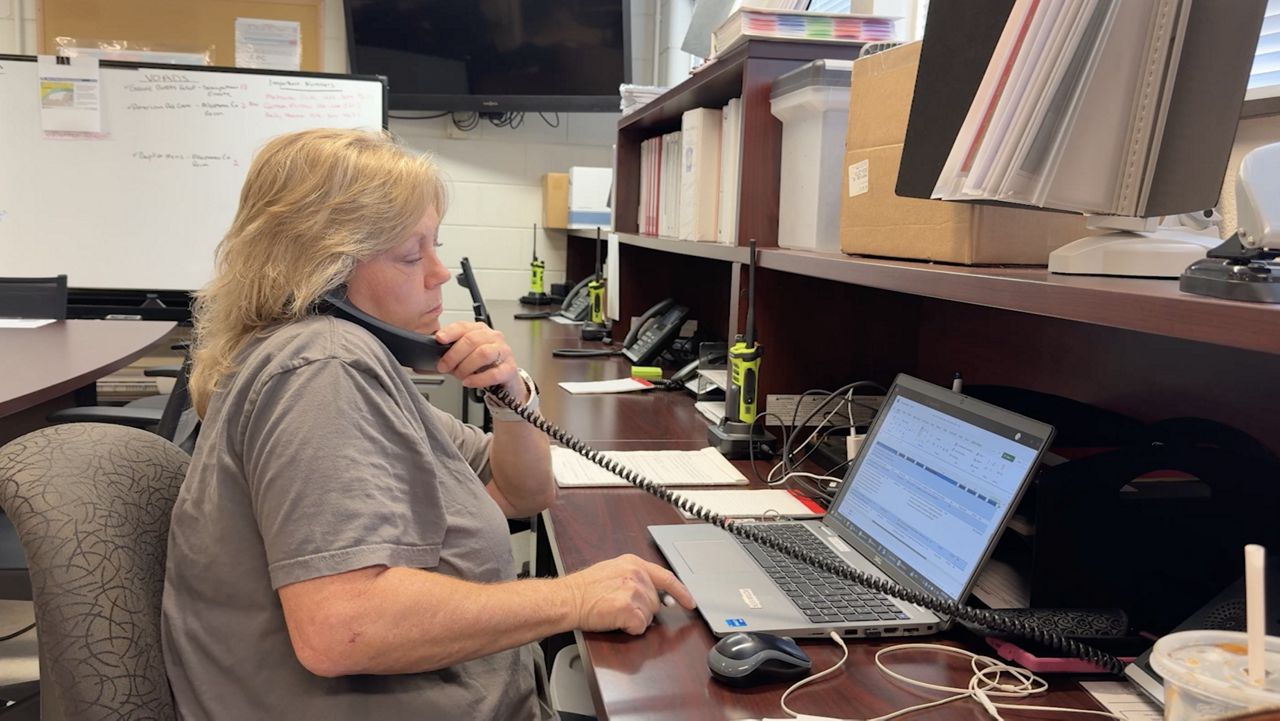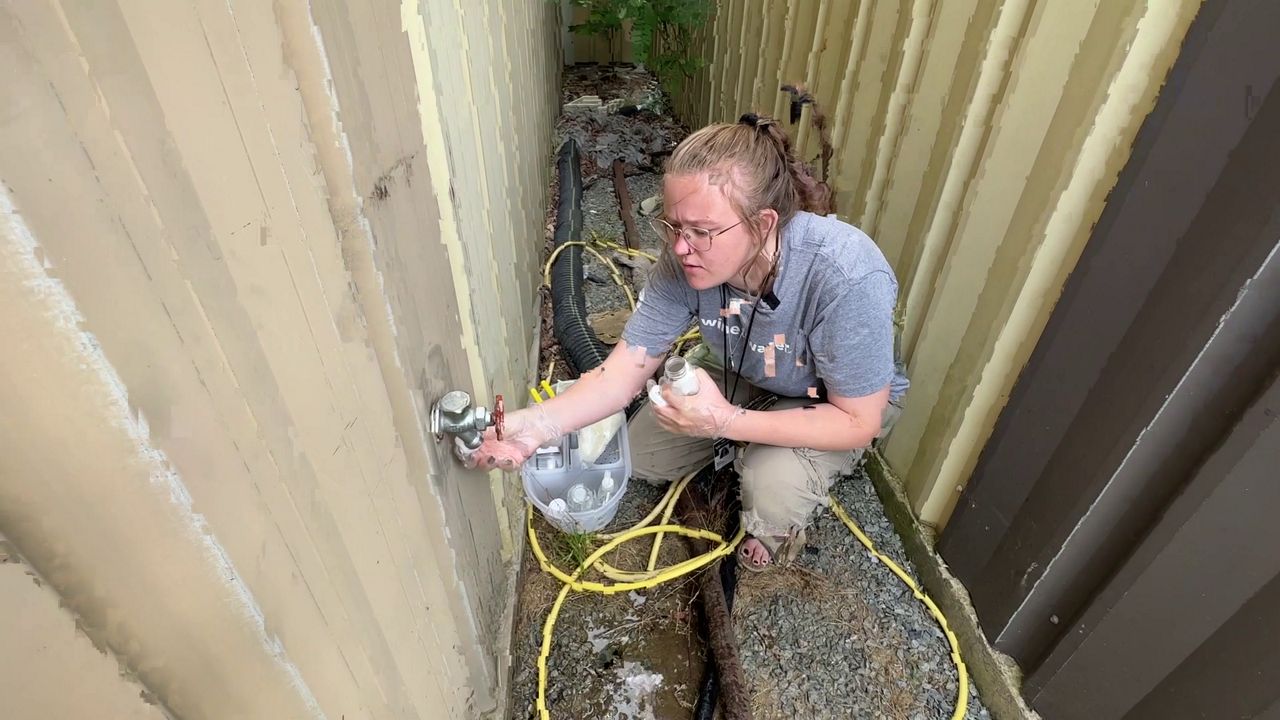BUNCOMBE COUNTY, N.C. — North Carolina is fifth in the country for the number of dual language immersion programs its schools offer, with 229 in the state. That's according to a 2021 canvass by the American Councils for International Education.
What You Need To Know
- North Carolina is number five in the country for dual language immersion programs
- DL/I teaches students in another language and exposes them to different cultures
- North Carolina has 229 programs in the state teaching in Cherokee, Chinese, French, German, Greek, Japanese, Spanish and Urdu
It gives students in North Carolina the opportunity to learn in Cherokee, Chinese, French, German, Greek, Japanese, Spanish and Urdu.
Buncombe County has one elementary school in each of its six districts participating in the program.
Giovana Andrea Hurtado Devia is the kindergarten dual language immersion teacher at Avery's Creek Elementary School.
Hurtado Devia is from Colombia and has been teaching in Buncombe County for three years. She says with a classroom of 50% native Spanish speakers and 50% native English speakers, the children learn quickly.
"And the Spanish and the English ones are interacting with each other, so they help each other," Hurtado Devia said.
In this elementary school program, kindergarteners get 90% of their instruction in Spanish and 10% in English. By the time the class of students make it to the fifth grade, 50% of the instruction is in Spanish and 50% is in English.
The Buncombe County dual language specialist, Nélida López-Fernández, says there is a new curriculum this year that focuses on the science of reaching through Amplify.
López-Fernández said beyond teaching language, the dual language immersion program also exposes students to different cultures.
"So they are going to be doing authors from Spain, Venezuela, Colombia, Ecuador, Puerto Rico, Cuba, you know, all these different cultures," said López-Fernández. "It's not just that we all speak the same language, all of our cultures are very, very different... and they're going to see it expressed through the literature."









